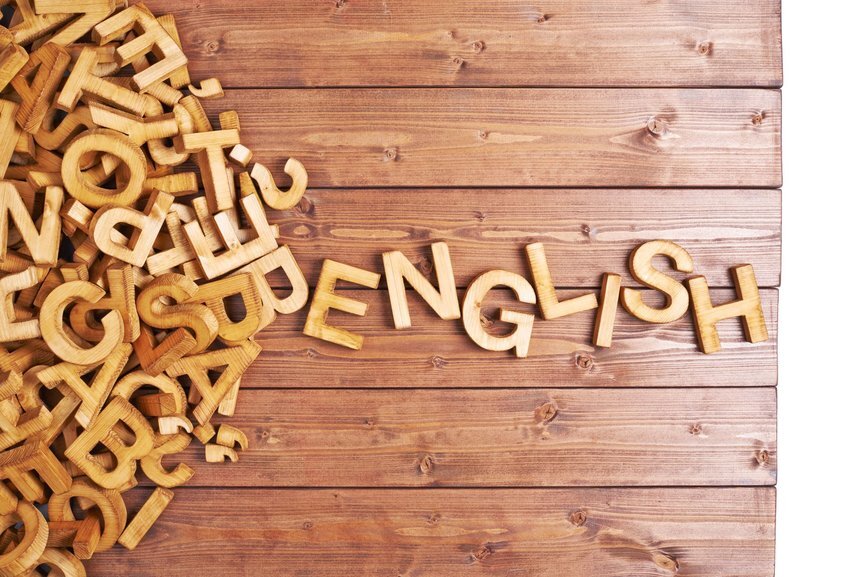If you travel around the world — or even just browse news from around the web — you’ll quickly realize that English isn’t quite the universal language it’s made out to be. While English is an official language of dozens of countries, regional differences in slang, word use, vocabulary, pronunciation, and even spelling highlight the differences of English globally.
One of those weird quirks? Brits tend to spell words with an “ou” in them — like "colour," "behaviour," or "favourite" — while American English drops the “u,” as in "color," "behavior," or "favorite." The question is, why?
A Little Background
To understand the why, you have to look at how English was developed as a language in general. English is essentially cobbled together by borrowing words from a lot of different languages. Sometimes this happened quite literally — for example, faux pas and chic are spoken the exact same way in both English and French. But in many cases, English words are simply French-inspired words, in terms of spelling, pronunciation, or both. Words such as "information," "table," "television," "salad," "menu," and "souvenir" all have roots in French.
So what does this have to do with “o” vs “ou”? Well, words like "colour" were adapted from the French spelling, couleur. The Brits tended to keep that “u” as a nod to the word’s origin, but in America, these superfluous vowels were dropped to reflect how the word was actually pronounced, in theory making them easier to spell, read, and say.
The Father of American English
Now, who made these sweeping changes? As Old English was formed, various spellings were used for all kinds of words — for example, "knight," as we know it, could be spelled "knyghte" or "cniht." Some language reformers came along and thought it might be more practical to get rid of excessive flourishes to create a language that could be more universally understood — smart thinking when it came to education, commerce, and even ruling over the lower classes.
One of those reformers was Noah Webster (yes, of Webster’s Dictionary fame). In the 19th century, Webster set out to simplify English, while creating a distinctively American language. This meant he chose which spelling variant of a word to use (generally opting for the simpler, the better), as well as invented spellings altogether. While a good number of Webster’s reforms fell out of fashion, those that stuck around were adopted most strictly by Americans and live on to this day. And, you guessed it — dropping the “u” was one of them.
Of course, English being English, there are always exceptions. There are a few cases where Americans will keep that extra “u,” like in "glamour." And there’s also the matter of all the other nations in the world that follow suit to either align with British or American English (Canadian English being a particularly odd mash-up of the two).
The good news is, because we have access to content all over the world, most people are quite accustomed to seeing either spelling. The rule of thumb is to simply stick to one spelling in a single piece of content — whether drafting an email, article, or essay — and apply it throughout.

